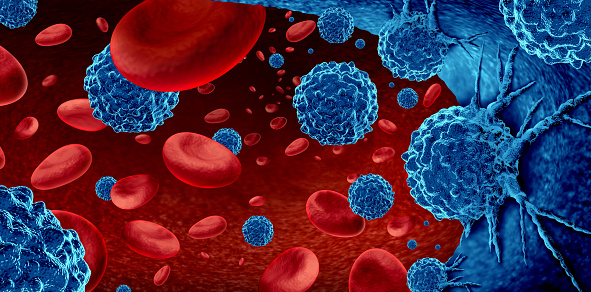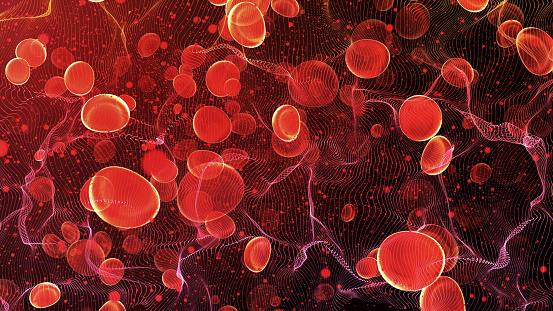Apparatus
Newly Approved Targeted Drug Makes 79% Of Patients' Tumours Disappear Altogether, This Type Of Blood Tumour Is Saved!
The US FDA has approved pemigatinib, the first targeted drug to date for patients with specific mutated blood tumours, and the results of the study show that the drug made tumours disappear completely in 79% of patients!

The US FDA has approved pemigatinib, the first targeted drug to date for patients with specific mutated blood tumours, and the results of the study show that this drug led to the complete disappearance of tumours in 79% of patients!

Recently, the US FDA approved the selective FGFR inhibitor pemigatinib (Pemazyre) for the treatment of adult patients with relapsed or refractory myeloid and lymphatic tumours carrying FGFR1 rearrangements.
Myeloid and lymphatic tumours with FGFR1 rearrangements are rare and aggressive haematological tumours for which treatment options are limited, and pemigatinib is the first targeted agent approved to date for the treatment of these tumours.

Basis for approval
The approval is based on data from the Phase 2 FIGHT-203 trial, a multi-centre, open-label trial involving MD Anderson Cancer Center, Myoho Medical International and other institutions.
The trial enrolled a total of 28 patients with relapsed or refractory myeloid and gonadal tumours with FGFR1 rearrangements who had relapsed after allogeneic haematopoietic stem cell transplantation or disease-modifying related treatments, or who were not suitable for these treatments.
Patients enrolled in the study were given 12.5 mg of pemigatinib orally once daily for 21 days in a cycle, either continuously or for 14 days followed by 7 days off the drug until disease progression or unacceptable toxicities occurred, or until the patient was ready for allogeneic HSCT.

The study results showed that:
Complete disappearance of tumours in 79% of the 28 patients enrolled;
complete disappearance of tumours in 78% of the 18 patients with chronic phase of disease involving the bone marrow with or without extramedullary lesions
complete disappearance of tumour in 2 of the 4 patients with acute phase of bone marrow with or without extramedullary lesions
1 of 3 patients with only extramedullary disease had complete disappearance of the tumour.
"Such a high percentage of patients with complete tumour disappearance has very important clinical implications for these patients, especially when current first-line treatment options are not effective for these patients." said the study's lead investigator, Srdan Verstovsek of MD Anderson Cancer Center.

Safety and side effects
In terms of safety, common side effects of treatment include hyperphosphatemia, nail toxicity, hair loss, stomatitis, diarrhoea, dry eye, fatigue, rash, abdominal pain, anaemia, constipation and dry mouth.
-
![]()
![]() ApparatusDec 24, 2024
ApparatusDec 24, 2024Nature Medicine publishes results of H-drug combined with chemotherapy for first-line treatment of esophageal squamous cell carcinoma
-
![]()
![]() ApparatusDec 23, 2024
ApparatusDec 23, 2024Immune And Astrazeneca Launch Strategic Research Collaboration To Accelerate Drug Target Discovery
-
![]()
![]() ApparatusDec 22, 2024
ApparatusDec 22, 2024The 3D Medical Application Center of the U.S. Army customized assistive devices and artificial limbs for 3D printing of veterans
-
![]()
![]() ApparatusDec 21, 2024
ApparatusDec 21, 2024J. Enzyme Inhib. Med. Chem. | Protac Targeting Aimp2-Dx2: a New Therapy For Lung Cancer
-
![]()
![]() ApparatusDec 20, 2024
ApparatusDec 20, 2024Canada has developed a hand-held detector to help reduce the use of antibiotics




